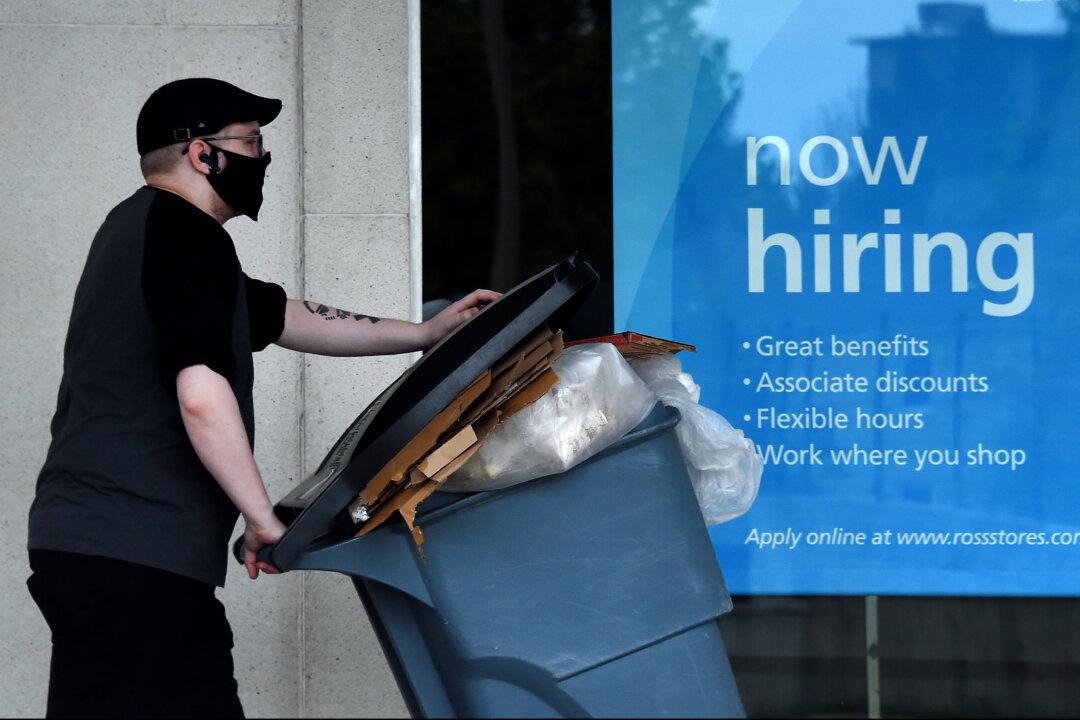WASHINGTON—The U.S. labor market made a stunning comeback in May, beating expectations by 10 million jobs. As states begin to reopen, business owners are turning more optimistic about the future, signaling that the pandemic-induced recession may be short-lived.
The U.S. economy added 2.5 million jobs last month as states started to ease lockdown restrictions. The strong employment numbers shocked economists who had forecast nearly 8 million job losses in May.





